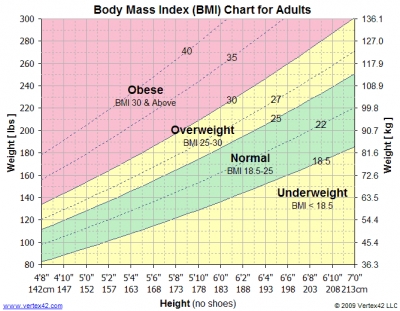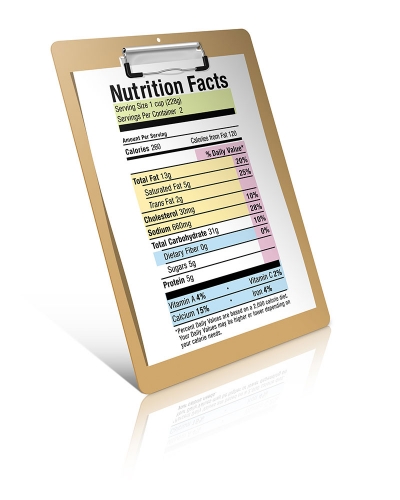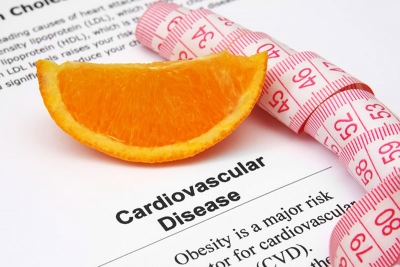Protect your Heart
According to the American Heart Association, heart disease is the #1 cause of death in the United States, accounting for 1 in 7 deaths in the U.S. In the U.S., someone has a stroke every 40 seconds1.
One of the biggest contributors to these statistics is a lack of commitment to healthy living. Your lifestyle is your #1 defense against heart disease and stroke and following the steps below can greatly decrease your risk to Heart Disease and Stroke.
When it comes to dietary fat, what matters most is the type of fat you eat. Healthy fats are necessary and beneficial for your health; however unhealthy fats raise your cholesterol and can harm your heart.
Rather than adopting a low-fat diet, it’s more important to focus on eating beneficial "good" fats and avoiding harmful "bad" fats. Fat is an important part of a healthy diet. Choose foods with "good" unsaturated fats, limit foods high in saturated fat, and avoid "bad" trans-fat.
The Facts
Tobacco use is the "most important preventable cause of premature death in the United States. Cigarette smoking is so widespread and significant as a risk factor that the Surgeon General has called it 'the leading preventable cause of disease and deaths in the United States.'1
Smoking increases blood pressure, decreases exercise tolerance and increases the tendency for blood to clot.
Potassium plays a vital role in keeping the heart functioning properly. Potassium keeps a normal water balance between cells and body fluids. It also aids nerve conduction and muscle contraction. Potassium plays a key role in keeping the heart beating at a normal rhythm. The American Heart Association states that dietary potassium can help maintain a normal blood pressure.1
Potassium doesn't treat or prevent heart disease. But getting enough of it can help your heart in several ways:
According to the Centers for Disease Control and Prevention1, Body Mass Index (BMI) is a person's weight in kilograms divided by the square of height in meters. A high BMI can be an indicator of high body fatness. BMI can be used to screen for weight categories that may lead to health problems but it is not diagnostic of the body fatness or health of an individual.
BMI is used as a screening tool to indicate whether a person is underweight, overweight, obese or a healthy weight for their height. If a person's BMI is out of the healthy BMI range, their health risks may increase significantly.
An aneurysm is an excessive localized enlargement of an artery caused by weakness in the arterial wall. Aneurysms may remain silent or rupture, causing serious problems and even death.
An aneurysm can occur in important arteries such as those supplying blood to the brain, and the aorta; the large artery that originates at the left ventricle of the heart and passes down through the chest and abdominal cavities.
Cholesterol helps your body build new cells, insulate nerves, and produce hormones. Normally, the liver makes all the cholesterol the body needs. But cholesterol also enters your body from food, such as animal-based foods like milk, eggs, and meat. Too much cholesterol in your body is a risk factor for heart disease.
Your blood cholesterol level has a lot to do with your chances of getting heart disease. High blood cholesterol is one of the major risk factors for heart disease. The higher your blood cholesterol level, the greater your risk for developing heart disease or having a heart attack.
Having diabetes means that you are more likely to develop heart disease and have a greater chance of a heart attack or a stroke. People with diabetes are also more likely to have certain conditions, or risk factors, that increase the chances of having heart disease or stroke, such as high blood pressure or high cholesterol.
Over time, high blood glucose from diabetes can damage your blood vessels and the nerves that control your heart and blood vessels. The longer you have diabetes, the higher the chances that you will develop heart disease.
In adults with diabetes, the most common causes of death are heart disease and stroke. Adults with diabetes are nearly twice as likely to die from heart disease or stroke as people without diabetes.1








